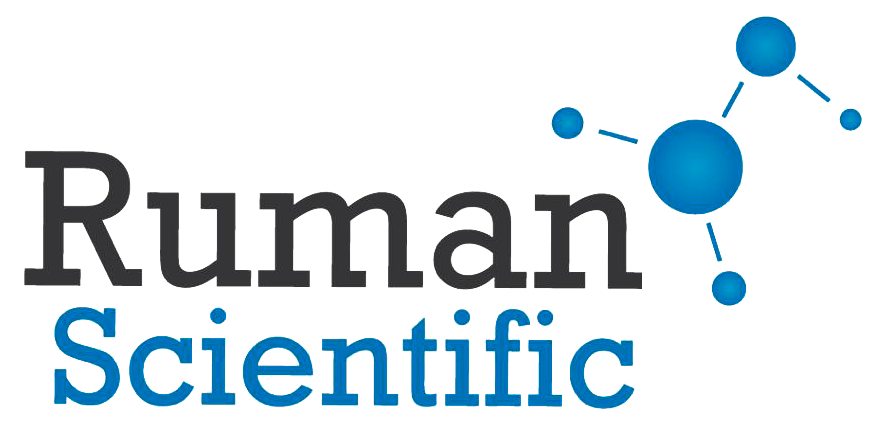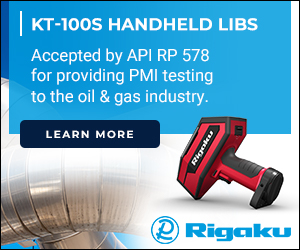POSITIVE MATERIAL IDENTIFICATION (PMI) IN PETROCHEMICAL FACILITIES
The petrochemical industry historically has had the most stringent QA/QC policies in place around positive material identification (PMI). This is because the use of incorrect materials could lead to disastrous, even tragic accidents. The American Petroleum Institute (API) has rolled out guidelines (API RP 578) naming specific technology, including LIBS, to ensure safety. It is critical that before any metal component is used in the construction or repair within an industrial plant, that the alloy composition is established. It is also critical that installed metal alloy parts are also verified to ensure their integrity and correctness.
Parts made of the wrong alloy can corrode or wear more rapidly than expected when placed in service, such as:
- Piping Systems
- Valves
- Flanges
- Welds and Weld Fittings
- Rods and wire strands
- Valves and flanges
- Complete reaction vessels
Large-scale petrochemical facilities can span miles. The most economical method for obtaining fast and easy analytical results is to an in-house handheld tool. The handheld Rigaku KT-100S LIBS metal analyzer provides the versatility and durability to sustain daily and continuous use by inspectors. Creating an in-house PMI program for metal verification, saves a business time, money, avoids litigation and keeps a positive reputation.
The Rigaku KT-100S LIBS analyzer is a viable answer to a company’s PMI requirement for metal alloy verification with its unique benefits:
- Ease of use
- Single trigger pull to results – no guesswork as to how long to measure
- Rapid results
- Low cost of ownership
- Minimal regulatory requirements
WHAT IS API RP 578?
The American Petroleum Institute (API) provides guidelines for quality assurance for new and existing alloy piping systems in the oil and gas industry. The Recommended Practice 578 (RP 578) specifically addresses material verification (PMI) programs of metal alloys. The RP covers recommended testing of metal components either already installed at a plant or anywhere in the supply chain.
The 3rd edition includes LIBS as an acceptable method for PMI testing.
- Results in seconds
- Certified rugged
- No X-ray radiation
- Low cost of ownership


